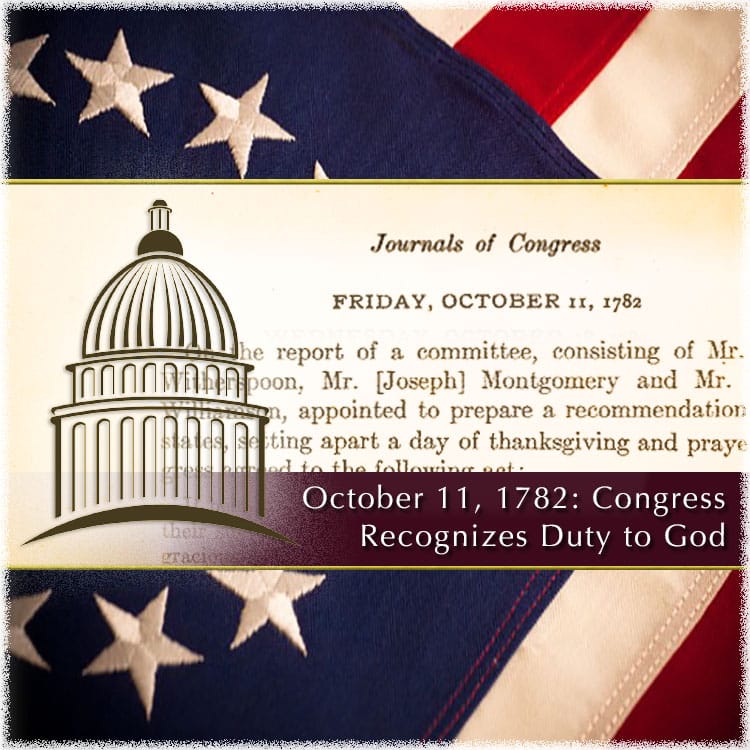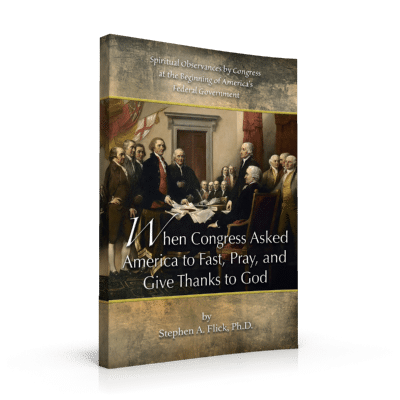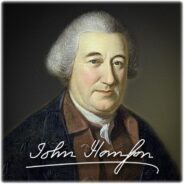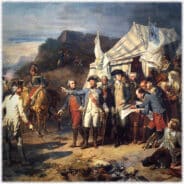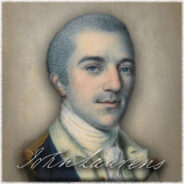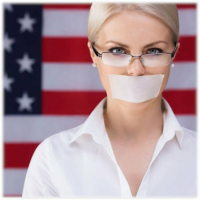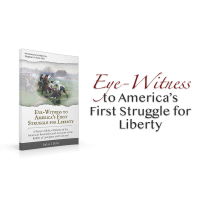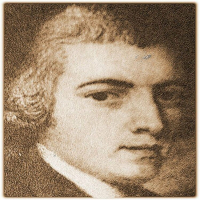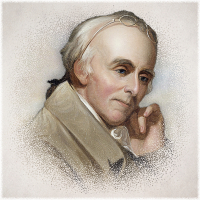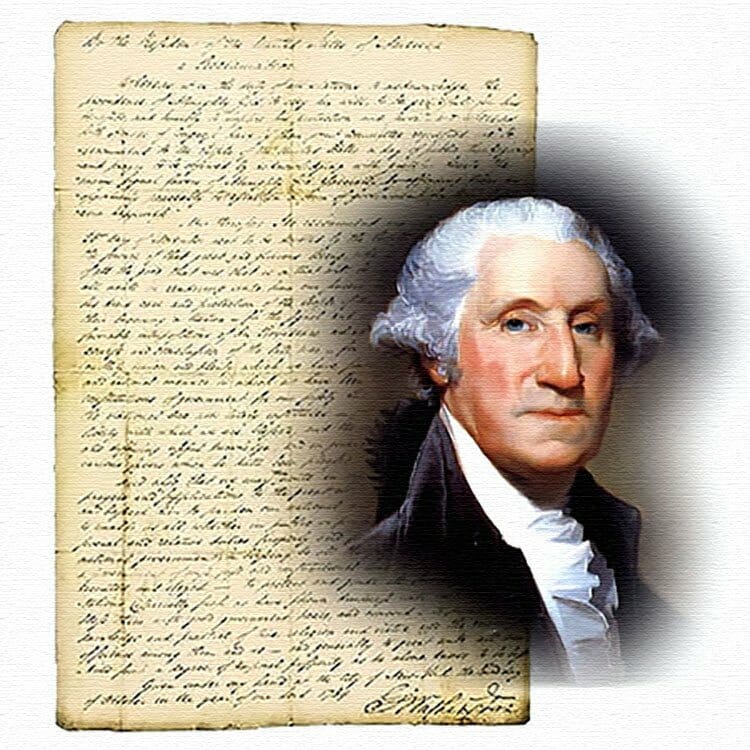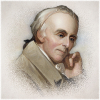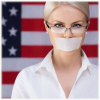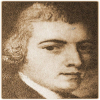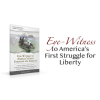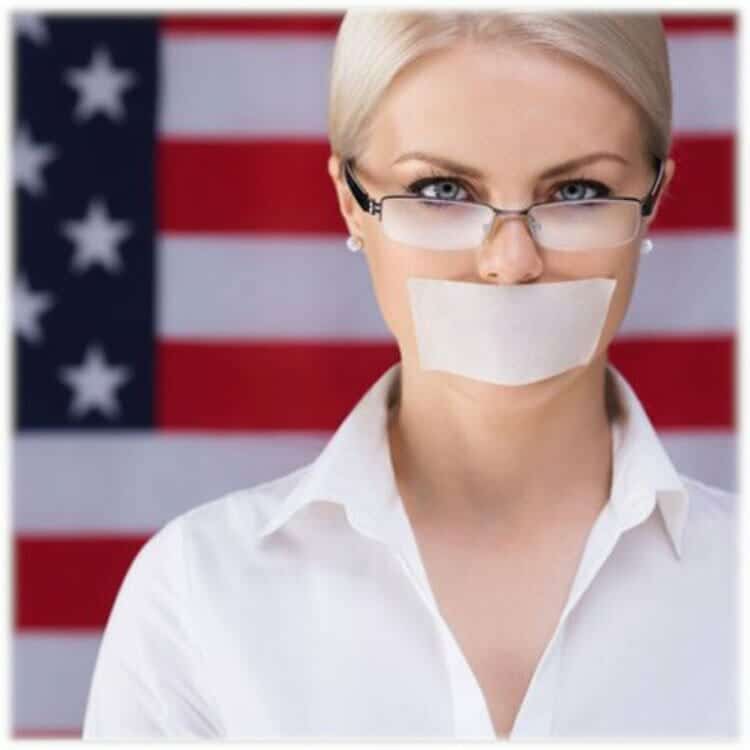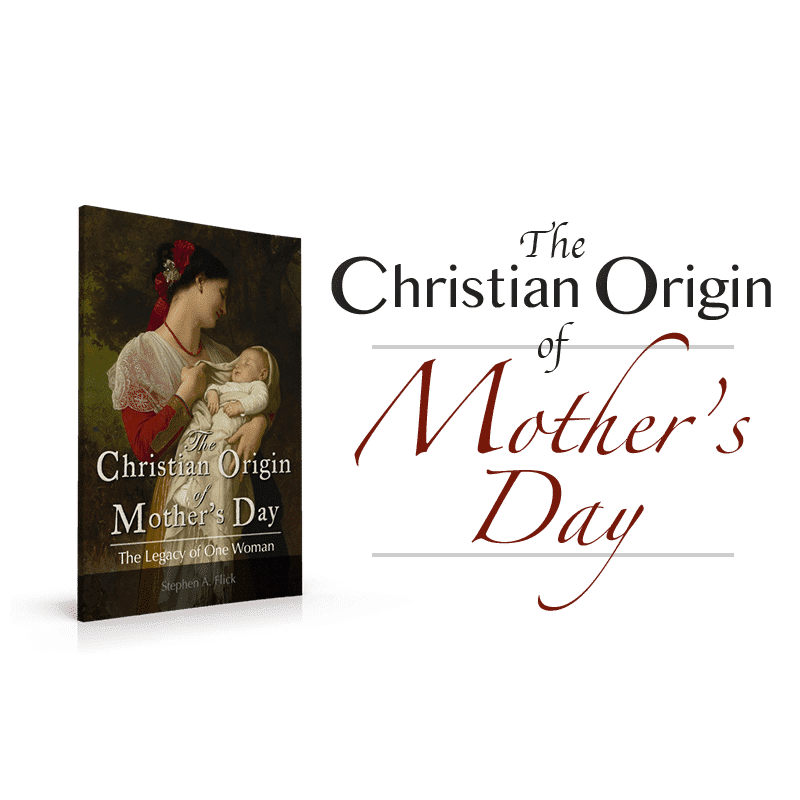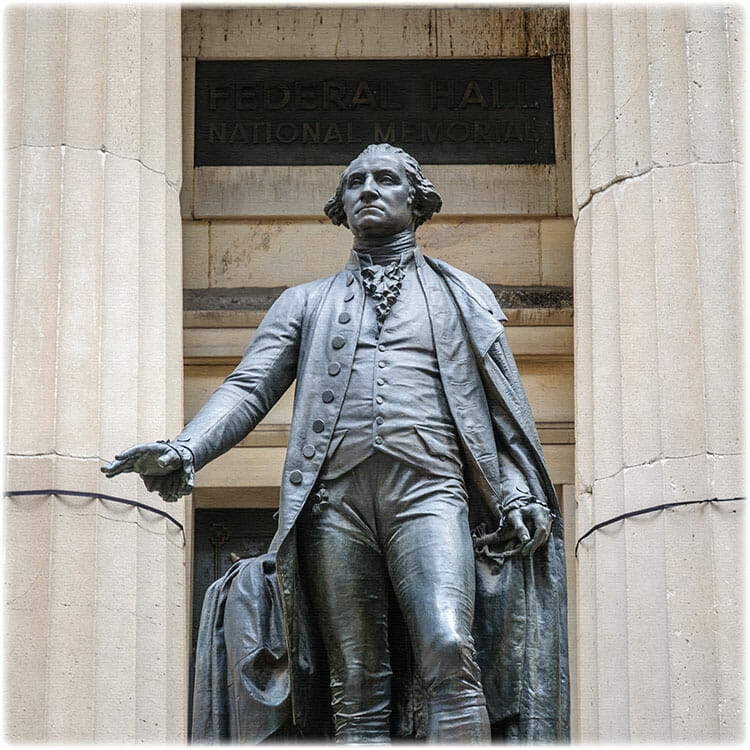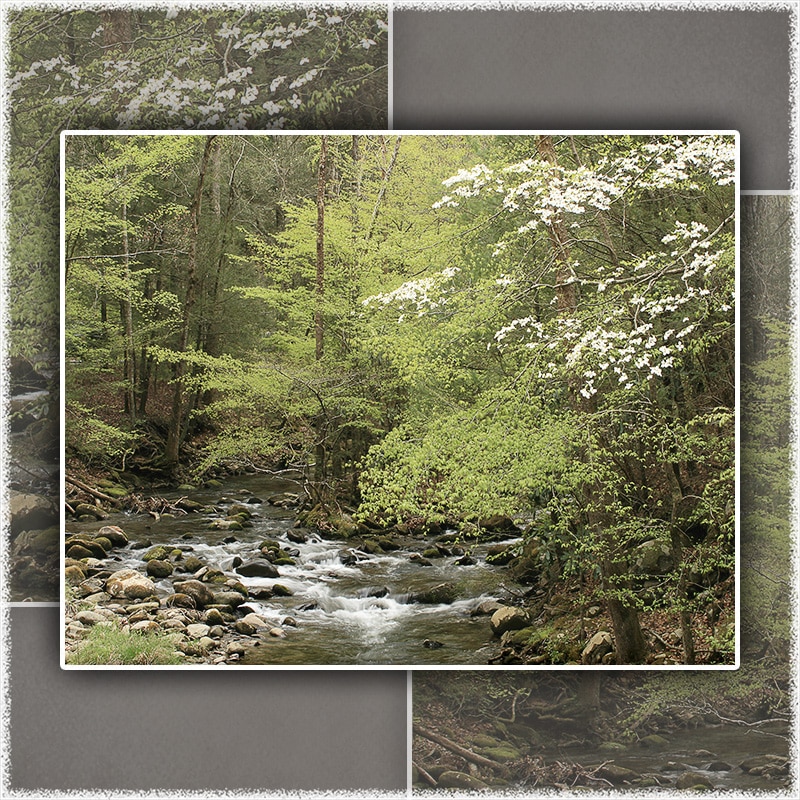In 1776, America's Continental Congress began to issue two spiritual proclamations a year until near the end of the War of Independence. Since November 1777 when Henry Laurens was President, Congress had issued a fall thanksgiving proclamation calling the states to remember their spiritual "duty" to offer praise for the divine grace shown to the nation. The type of personal sacrifice that many of America's Founding Fathers endured at the hands of their British enemies is exemplified in the life of this president of Congress—Henry Laurens. Discussion of this spiritual proclamation of Congress provides an opportunity to briefly unfold his enormous personal loss with regard to his son, Lieutenant-Colonel John Laurens.Fourteenth Congressional Fasting Proclamation
The subject addressed in this article is discussed at greater length in When Congress Asked America to Fast, Pray, and Give Thanks to God. Christian Heritage Fellowship would be honored to work with individuals, businesses, churches, institutions, or organizations to help communicate the truth concerning the positive influence of the Christian faith by providing bulk pricing: Please contact us here... To purchase a limited quantity of this publication, please click: Purchase here...
Article ContentsFourteenth Congressional Fasting Proclamation
John Hanson President of Congress
From November 5, 1781 to November 3, 1782, John Hanson of Maryland served as President of Congress. The thanksgiving and prayer proclamation of October 1782 was the second spiritual proclamation over which he presided as President. Prior to his brief service to the nation in Congress, John Hanson had exercised a lengthy public career within his local and state governments.
After hostilities between America and Britain erupted in 1775, John Hanson was elected to the twenty-eight-member committee of correspondence which facilitated patriotic war communications among the states. In addition, he was elected to chair a patriotic group that assumed control of area government (known as the committee of observation); as a result, responsibilities fell to him to recruit and arm soldiers for the conflict.[1] In addition to serving in various local public offices, he served as a member of the State house of delegates for nine terms and member of the State senate from 1757 to 1773. Late in 1779, he was appointed to the Continental Congress, assuming his seat and duties there from 1780 to 1782. One biographer compared Congress' national war efforts with Hanson's local endeavors when he wrote: "Hanson remained in Frederick making gunlocks, storing powder, guarding prisoners, raising money and troops, dealing with Tories, and doing the myriad other tasks which went with being chairman of the committee of observation."[2] Because funds were scarce, Hanson often funded soldiers and war efforts out of his own resources.[3] Such were the characters of America's Founding Fathers.
In poor health, he retired from Congress and died a little more than a year later on November 15, 1783, while visiting his nephew, Thomas Hawkins Hanson, at Oxon Hill Manor in Prince George's County, Maryland.
Obtaining parole from General Washington after his surrender, Cornwallis returned to England in January 1782. While both American and British soldiers remained in the custody of their captors following the surrender of Cornwallis, combatants continued to regard each other as "the enemy." The animosity that each side shared for the other erupted from time to time into skirmishes and battles, which were every bit as deadly as the larger military conflicts waged prior to Yorktown. The real difference was the size and objectives of those conflicts.
One of the battles that followed the surrender of Cornwallis was waged outside of Charleston, South Carolina, along the banks of the Combahee River. Late in 1781, American forces under the command of General Nathanael Greene were successful in pushing the British into Charleston and placing them essentially under a state of siege. With supplies and food storage running low by March of 1782, British General Alexander Leslie requested that he be allowed to purchase food supplies for his troops. When General Greene refused his request, General Leslie decided to send out troops to forage and plunder the homes and farms of Americans outside the city. On August 21, General Leslie sent two British foraging parties, one of which went up the Combahee River. Learning the position of the British foraging party on the Combahee, Americans positioned themselves along the banks of the river, anticipating their return through the same route.
What is often overlooked in the study of the origin of America as an independent nation is the tremendous personal sacrifice of her Founding Fathers. In particular, was the personal loss of former President of Congress, Henry Laurens. His son, John Laurens was born in 1754, and was the eldest of five children who survived infancy. Henry Laurens had served as President of Congress for thirteen months (November 1, 1777 - December 9, 1778), during which time spiritual proclamations number four, five, and six were issued by Congress.
Following the completion of his legal studies in England, Henry's son, John Laurens, returned to America and entered General Washington's camp as a volunteer, at the age of 23. He rose to the rank of lieutenant-colonel, engaging in the Battles of Brandywine, Germantown, Monmouth, Coosawhatchie, the Sieges of Savannah, and Yorktown, and finally in the Battle of the Combahee River where he gave his life for his country on August 27, 1782. As one of the soldiers sent to confront the foraging British unit that was sent up the Combahee River, John was killed in action after having survived the most intense years of heated warfare, but not its waning days of the Revolution. The Battle of Combahee River was only one of the confrontations that occurred between American and British forces after the surrender of General Cornwallis at Yorktown. Such skirmishes continued until the British evacuated Charleston, South Carolina in December 1782. John died at the age of 27, only weeks before the British evacuated South Carolina, something which signaled the end of the American Revolution. The loss of John Laurens is only one among many personal losses sustained by America's Founding Fathers to birth America as an independent nation.
Committee Composes Proclamation
As was true for the forgoing proclamation, the Journals of Congress fail to record when the composing committee for this proclamation was selected. That it was selected, however, is evident from the preface.
Several issues concerning proclamation are noteworthy. The first individual listed in the committee is John Witherspoon, signer of the Declaration of Independence and president of Princeton. His influence in Congress was significant, not only in the years during the War of Independence, but also this era; he was a leading figure in advocating for a better constitution than that provided in the Articles of Confederation. The fact that this deeply committed Christian theologian did not feel compelled to heavily lace the proclamation with Christian theological terms demonstrates that he and fellow representatives to Congress already believed their statements were within a Christian context.
Also, this is among the shortest of the sixteen proclamations. However, that the committee and Congress believed in the importance of the subject of the proclamation is seen in the fact that they asked the state to recognize its importance by "commanding the observation" of it. The proclamation in the Journals of Congress reads:
FRIDAY, OCTOBER 11, 1782
On the report of a committee, consisting of Mr. [John] Witherspoon, Mr. [Joseph] Montgomery and Mr. [Hugh] Williamson, appointed to prepare a recommendation to the states, setting apart a day of thanksgiving and prayer, Congress agreed to the following act:
It being the indispensable duty of all nations, not only to offer up their supplications to Almighty God, the giver of all good, for his gracious assistance in a time of distress, but also in a solemn and public manner to give him praise for his goodness in general, and especially for great and signal interpositions of his Providence in their behalf; therefore, the United States in Congress assembled, taking into their consideration the many instances of divine goodness to these states, in the course of the important conflict in which they have been so long engaged; the present happy and promising state of public affairs; and the events of the war in the course of the year now drawing to a close, particularly the harmony of the public councils, which is so necessary to the success of the public cause; the perfect union and good understanding which has hitherto subsisted between them and their allies, notwithstanding the artful and unwearied attempts of the common enemy to divide them; the success of the arms of the United States and those of their allies, and the acknowledgment of their independence by another European power, whose friendship and commerce must be of great and lasting advantage to these states; do hereby recommend it to the inhabitants of these states in general, to observe, and request the several states to interpose their authority in appointing and commanding the observation of Thursday, in the 28 day of November next, as a day of solemn thanksgiving to God for all his mercies: and they do further recommend to all ranks, to testify their gratitude to God for his goodness, by a cheerful obedience to his laws, and by promoting, each in his station, and by his influence, the practice of true and undefiled religion, which is the great foundation of public prosperity and national happiness. Given, andc.[4]
For nearly three-quarters of a century, the influence of Christianity upon the origin and development of America has been marginalized by secularists and the irreligious. All that godless irreligion has produced around the world in the form of socialism and its more mature form of communism is tyranny. When the laws of God are substituted for the laws of humanity, history demonstrates that tyrants fill the governmental void. The record of the Continental Congress clearly demonstrates that America's Founding Fathers understood that the God who could rule the natural world was also the God who could rule the moral world.
America deserves to know its true heritage.
Please contribute today!
[1] Ralph B Levering, "John Hanson, Public Servant," Maryland Historical Magazine 71, no. 2 (1976): 120, accessed October 4, 2017.
[2] Levering, "John Hanson, Public Servant," 124.
[3] "John Hanson," Wikipedia, October 6, 2017; https://en.wikipedia.org/wiki/John_Hanson.
[4] Journals of the Continental Congress, 1774-1789, 34 vols. (Washington, D.C.: Government Printing Office, 1904-1937), 23:646-647.

